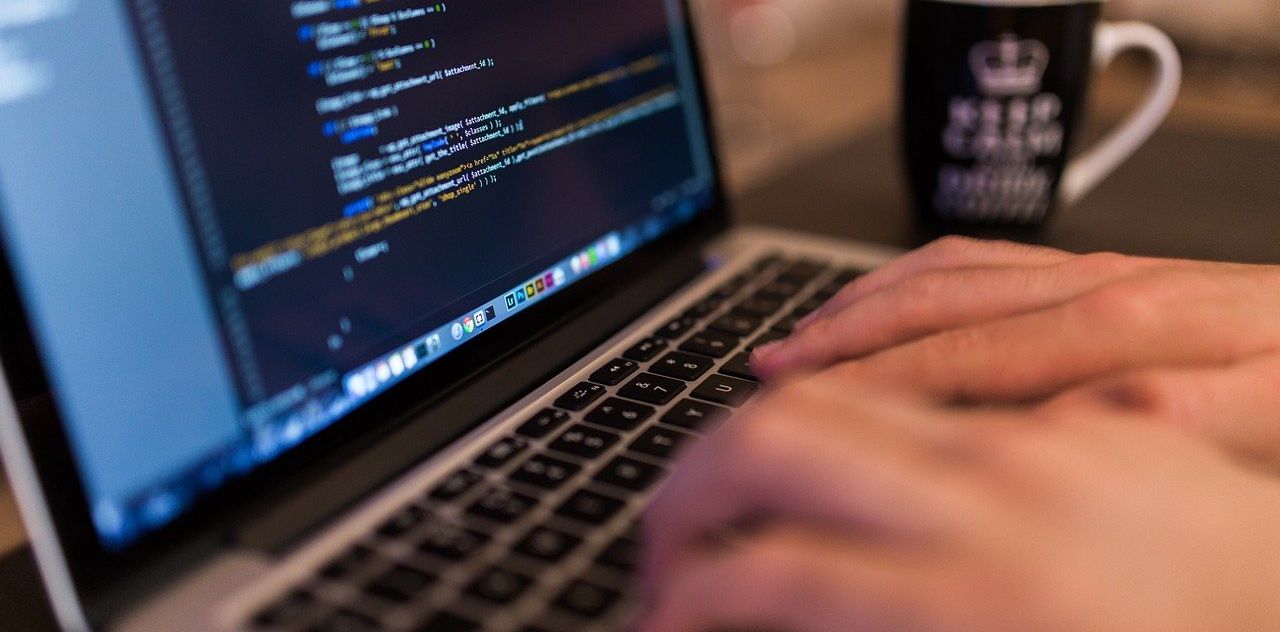
A Polish-Finnish team of specialists from various fields was among the leaders of the largest cybersecurity exercise organized by NATO. The Polish national team included Dr. Michał Walkowski from our Faculty.
The Locked Shields event, organized by the NATO Cooperative Cyber Defence Centre of Excellence , is one of the largest and most complex cyber defence exercise in the world, which this time took the form of a team tournament. For four days, over 3,000 participants from 38 countries protected computer systems against attacks in real time.
The exercise scenario included the need to defend a fictitious country – Berylia, which had fallen victim to large-scale cyber attacks. The teams' task was to protect its IT systems and critical infrastructure – banking systems, power plants and industrial networks against thousands of attacks.
The Polish-Finnish team, led by an officer of the Cyberspace Defense Forces, was composed of experts from the public, private and academic sectors, including Dr. Michał Walkowski from the Department of ICT and Telecommunications, who took part in the exercise for the second time.
– To be called up to the national team for this type of event, you must receive a recommendation in advance, and the final decision rests with the team captain. It should be remembered that the team consists of over 200 people and includes not only IT engineers, but also lawyers and media representatives. This is because the exercise tries to simulate real situations, during which there are also legal issues and communication crises to be solved, in which specialists from various fields are involved – says Dr. Michal Walkowski.

Ready for anything
The exercise took place in two phases. First, the so-called "reconnaissance” was carried out, during which participants could become familiar with the applications they will use during the simulation.
– Only on the day of the competition do we learn what systems we will have to defend and what programs we will need to use. I spent a lot of time at the computer, adding missing functionalities, in many cases from scratch, to reduce the chance of a successful cyberattack – explains the scientist.
The second phase of the exercises lasted two days and during this time massive cyber attacks were carried out, including on: banking systems, power plants, satellite communications, 5G networks, cloud solutions, air defence systems and industrial networks (in total, the organizers prepared over 5500 virtual systems).
– Some previously undiscovered vulnerabilities and weaknesses of the system appear already after the first attacks, and they need to be repaired very quickly. Teamwork is key here, because it is impossible to cope with such scale and complexity of tasks alone. Of course, you need to have a lot of knowledge and react quickly, but you must not be afraid of asking for help, because being a lone wolf can quickly backfire – says Dr. Michal Walkowski.
He also points to another huge challenge: the need to keep concentrated for a long time and deal with stress in a situation when individual systems stop working after a cyberattack begins and we don't actually know what exactly happened yet.

– It was a very interesting experience for me also because in my work I find errors in security systems and inform administrators which places are most susceptible to attacks. It is also worth remembering that although we do not hear about it every day, there are many such attacks and security teams do a great job to repel them – emphasizes Dr. Michal Walkowski. – Although this competition is only a simulation, it shows how important the reaction time, teamwork and efficient flow of information are in a crisis situation. It is also a great opportunity to learn new things, because all participants are great specialists in their fields – he adds.
This was the 14th edition of the „Locked Shield" exercise. Ultimately, the Polish-Finnish team achieved one of the three best results and was at the forefront of the tournament, right along the Swedish-Icelandic team and a team composed of specialists from Estonia and the USA.



